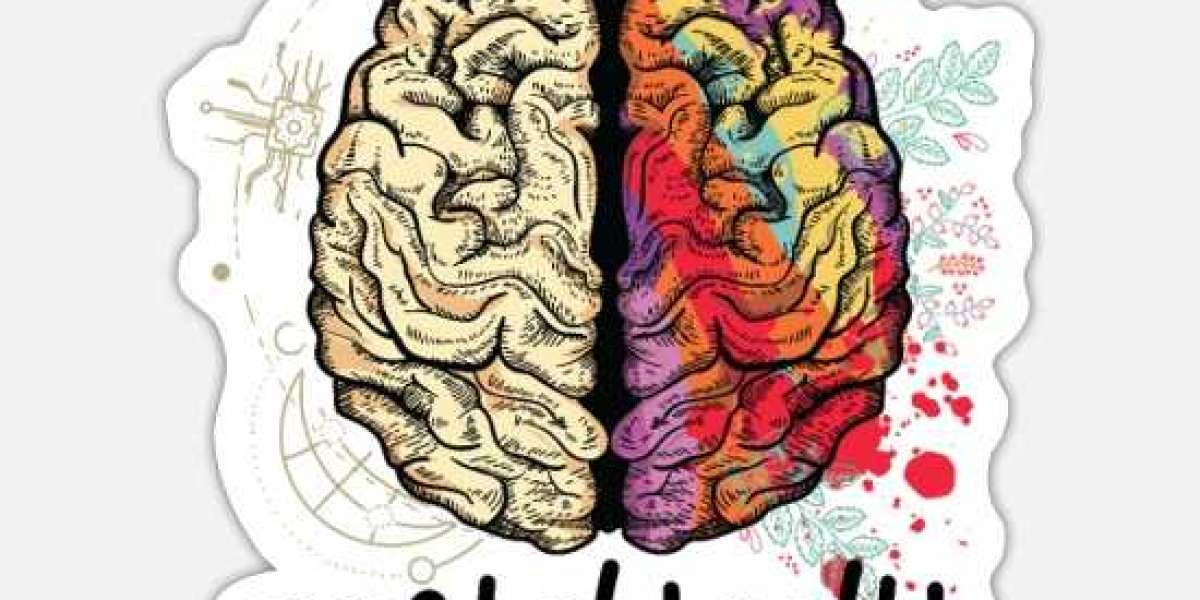In today’s digital age, social media has become an integral part of everyday life for millions of people around the world. Platforms like Facebook, Instagram, Twitter, TikTok, and Snapchat allow users to connect with friends, share experiences, and access a wealth of information at their fingertips. While social media offers many benefits, such as keeping people connected and fostering global communities, it also presents significant challenges, particularly regarding mental health.
The rise of social media has raised important questions about its impact on mental well-being. Studies have shown both positive and negative effects on mental health, depending on how and why people engage with these platforms. In this article, we will explore the complexities of social media use, its potential consequences for mental health, and how individuals can navigate these platforms to minimize harm and enhance their overall well-being.
The Positive Effects of Social Media on Mental Health
Before delving into the potential risks, it’s essential to acknowledge that social media can have positive effects on mental health when used constructively.
Building Connections and Reducing Isolation
Social media platforms enable people to connect with others from all over the world. For individuals who struggle with loneliness or social isolation, especially in remote areas, these platforms can serve as a lifeline. Social media allows users to find like-minded communities, form friendships, and maintain relationships with family members or friends who live far away.
Access to Support Groups
Social media can serve as a space for individuals dealing with mental health challenges to access support. Online groups, forums, and communities focused on mental health issues can offer solidarity, encouragement, and advice from those who have had similar experiences. These platforms create a sense of belonging, which can be comforting to those who feel isolated or misunderstood.
Raising Awareness and Reducing Stigma:
Social media plays a significant role in raising awareness about mental health issues. Influencers, mental health advocates, and organizations use these platforms to start conversations, educate the public, and challenge harmful stereotypes. By encouraging open dialogue, social media helps reduce the stigma surrounding mental health, making it easier for individuals to seek help when needed.
Access to Resources and Information:
Many people turn to social media to access mental health resources, including educational content, self-care tips, and crisis intervention information. Mental health professionals and organizations use social platforms to share valuable information, including coping strategies, mindfulness exercises, and ways to seek professional help.
The Negative Effects of Social Media on Mental Health
Despite the positive aspects, social media can also have detrimental effects on mental well-being, especially when used excessively or for unhealthy purposes.
Comparison and Low Self-Esteem:
One of the most harmful aspects of social media is the tendency for users to compare themselves to others. Platforms like Instagram and TikTok are filled with images and videos of people showcasing seemingly perfect lives, bodies, and lifestyles. This "highlight reel" effect can lead to feelings of inadequacy, as users may feel that their own lives do not measure up.
The constant exposure to filtered images and idealized versions of others can harm self-esteem, especially among young people. Research has shown that excessive social media use is linked to body dissatisfaction, anxiety, and depression. People may start to believe that their worth is tied to their appearance or social status, leading to feelings of insecurity and discontent.
Fear of Missing Out (FOMO):
Social media platforms are designed to create a sense of urgency and excitement. However, this constant barrage of information can lead to FOMO, or the "fear of missing out." Users may feel anxious or stressed when they see friends attending events, traveling, or achieving milestones they have not experienced.
FOMO can contribute to a sense of inadequacy and loneliness, making users feel disconnected from their peers. This feeling is exacerbated by the fast-paced nature of social media, where people are constantly bombarded with updates about others' lives, reinforcing the belief that they are missing out on something important.
Addiction and Overuse:
Social media platforms are intentionally designed to be addictive. The endless scrolling, notifications, and engagement metrics create a cycle of reward and anticipation that keeps users coming back for more. While short-term use may be harmless, excessive social media consumption can lead to negative mental health outcomes.
Studies have shown that overuse of social media is linked to increased feelings of anxiety, depression, and stress. The constant need to check notifications, respond to messages, or see how many likes a post has received can create a sense of dependence, leading to unhealthy habits and a decrease in overall well-being.
Cyberbullying and Harassment:
Social media platforms have also become breeding grounds for cyberbullying and online harassment. Unlike face-to-face interactions, social media allows users to hide behind anonymity, leading some individuals to engage in hurtful behavior without facing consequences. Victims of cyberbullying may experience feelings of anxiety, depression, and loneliness, with some even developing suicidal thoughts.
The anonymity and permanence of social media also make it easier for harmful comments, rumors, and insults to spread rapidly, amplifying the damage caused by cyberbullying. The constant exposure to negative interactions can leave lasting emotional scars, particularly for younger users who may not yet have the coping mechanisms needed to deal with these situations.
Sleep Disruption:
The use of social media, especially before bedtime, can interfere with sleep quality. Many users engage in "doomscrolling," endlessly browsing through negative or stressful content late into the night. The blue light emitted by screens can disrupt the production of melatonin, a hormone that regulates sleep, leading to difficulty falling asleep or staying asleep.
Poor sleep is closely linked to mental health issues such as depression, anxiety, and mood swings. A lack of rest makes it harder to regulate emotions, concentrate, and manage stress effectively.
How to Use Social Media Responsibly for Better Mental Health
While social media has its challenges, there are ways to engage with these platforms mindfully and limit their negative impact on mental health:
Set Boundaries:
Limit the amount of time you spend on social media each day. Use tools such as screen time trackers or app limits to help control your usage. Setting aside specific times for checking social media can prevent overuse and reduce feelings of addiction.
Curate Your Feed:
Be mindful of the content you consume. Unfollow accounts that make you feel insecure or anxious, and instead follow accounts that promote positivity, self-care, and mental well-being. Surrounding yourself with supportive and uplifting content can improve your social media experience.
Engage with Purpose:
Before logging onto social media, ask yourself why you're using it. Are you looking for connection, inspiration, or information? Or are you mindlessly scrolling out of habit? Being intentional about your use can help you avoid falling into the traps of comparison, FOMO, and negativity.
Take Breaks:
If you find yourself feeling overwhelmed by social media, it may be time for a break. Taking a digital detox, even for a few days, can help reset your mental health and give you space to reconnect with the real world.
Seek Support:
If social media use is negatively affecting your mental health, don’t hesitate to seek help. Whether through therapy, counseling, or support groups, talking to a professional can provide you with the tools to navigate social media in a healthier way.
Conclusion
Social media has revolutionized the way we connect, communicate, and share information. While it offers numerous benefits, including the ability to form meaningful relationships and access mental health resources, it also presents significant risks. By understanding the potential negative effects of social media on mental health and learning how to use these platforms mindfully, individuals can take control of their digital lives and protect their mental well-being. Ultimately, striking a balance between online and offline life is key to maintaining a healthy relationship with social media.







